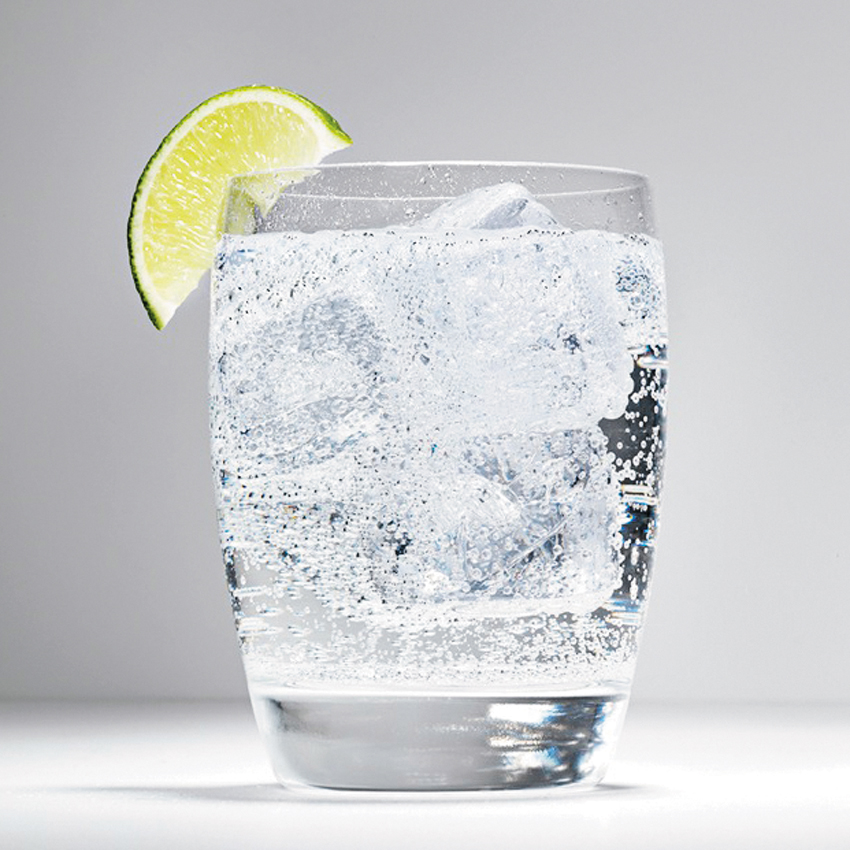 Gin's journey through history is an interesting one. Gin was not created in England as most believe--though few drinks scream English or England more than the Gin and Tonic. It was created in Holland (dating as far back as the 13th century) as a medicinal to treat stomach issues, gout, gallstones and a long list of other ailments. It wasn't initially flavored with Juniper either, the flavor was added later to increase its medicinal qualities and to help with taste, it is believed other less desirable botanicals were used.
Gin's journey through history is an interesting one. Gin was not created in England as most believe--though few drinks scream English or England more than the Gin and Tonic. It was created in Holland (dating as far back as the 13th century) as a medicinal to treat stomach issues, gout, gallstones and a long list of other ailments. It wasn't initially flavored with Juniper either, the flavor was added later to increase its medicinal qualities and to help with taste, it is believed other less desirable botanicals were used.|
|
After prohibition ended gin remained a new found favorite of the U.S. and drinks like the Martini (in its original form), the Bees Knees, the French 75 and a plethora of others were here to stay.
Present day gin is a step above the original created in the 17th century and a long shot better than the gin found during prohibition. Flavors range from strong Juniper to the citrus flavors that have become popular today and just about anything in between. And without the geographic requirements placed on it, like bourbon, scotch, Canadian whiskey, etc., it is widely distilled across the world with unique flavoring and distillation processes making it immensely popular and a go to choice for creating one of a kind cocktails.
Regardless of your love--or hatred--of this often misunderstood spirit your owe it to yourself to try a gin based cocktail on "World Gin Day," we certainly will.
Cheers!!
Cheers!!
Gin Facts:
- A true martini is made with gin, not vodka. It wasn't until Smirnoff came out with the brilliant "It will leave you breathless..." advertising campaign and James bond burst onto the scene that the vodka martini was common and more popular.
- Gin is in fact vodka. It is usually distilled using a botanical (mostly juniper) in conjunction a neutral grain alcohol (vodka).
- The Gin and Tonic cocktail was created in the early 1800's when English soldiers would mix gin with their anti-malaria tonic which contained quinine--which is responsible for Tonic's unique taste. Today tonic water still contains quinine and will glow under black lights because of it.
- The Philippines consume more gin per capita than any other nation.
- It can still be used as a medicinal, the Juniper in it is known to help calm upset stomachs.
- American standards require gin to be 40% ABV, in the EU it is only 37.5%, win for America!!!

